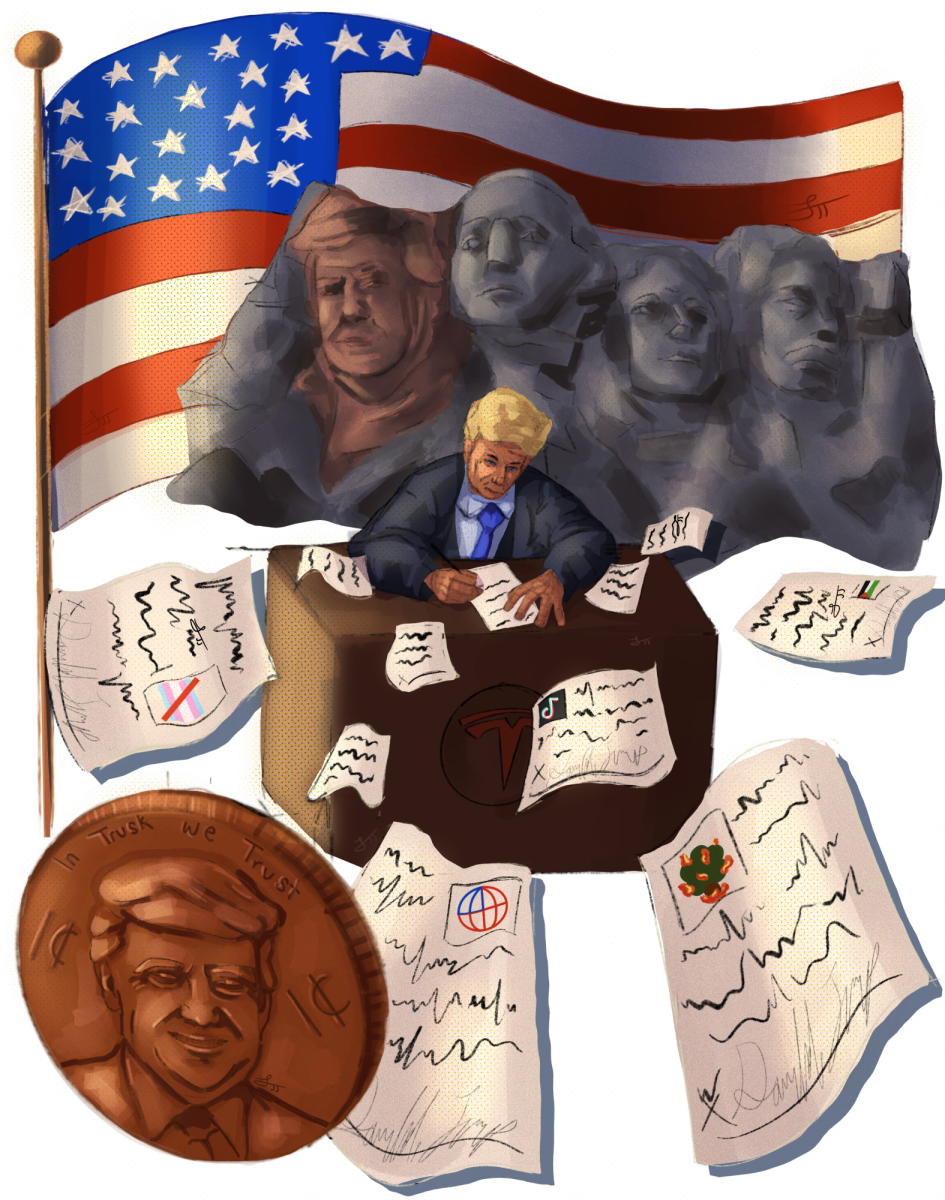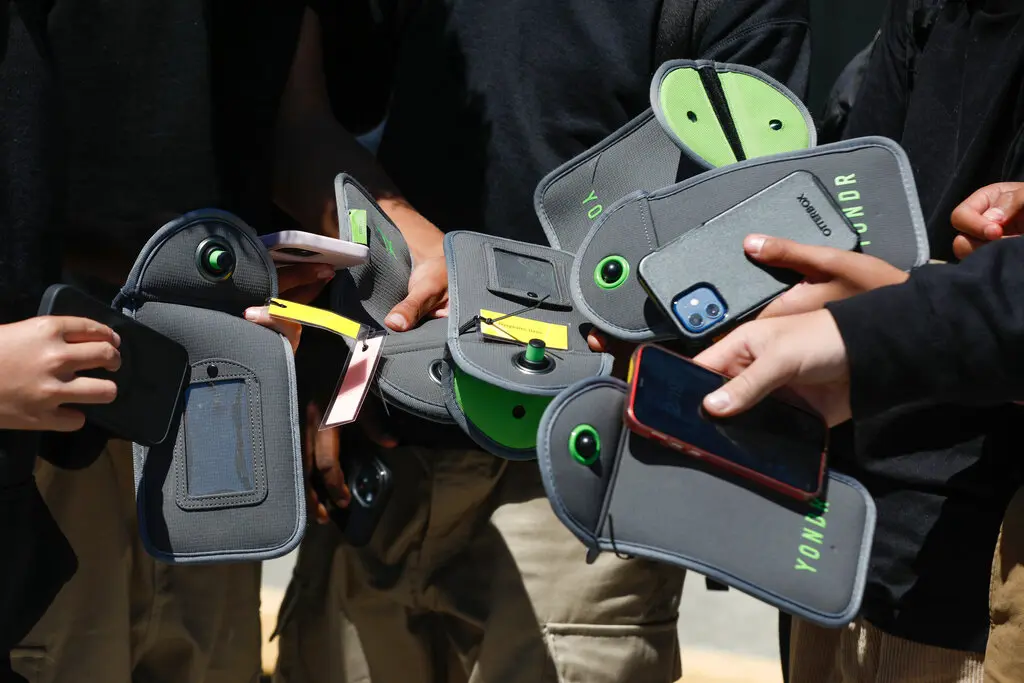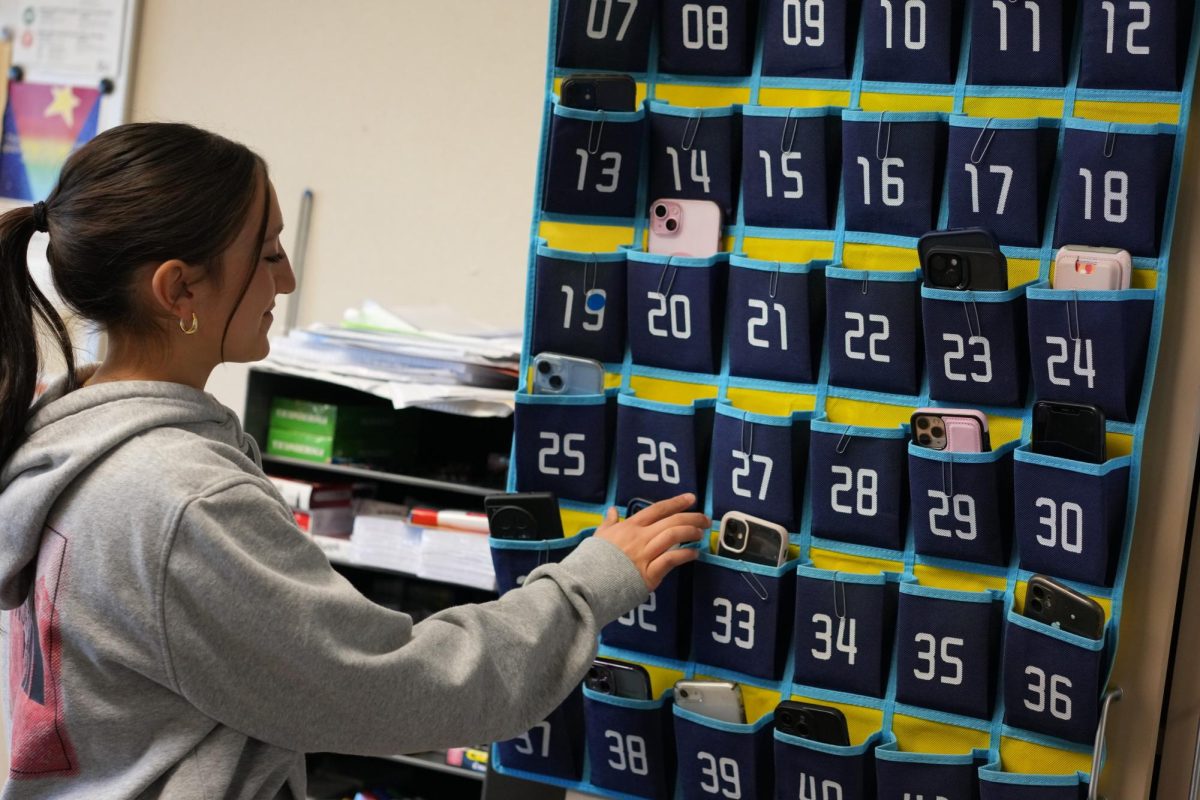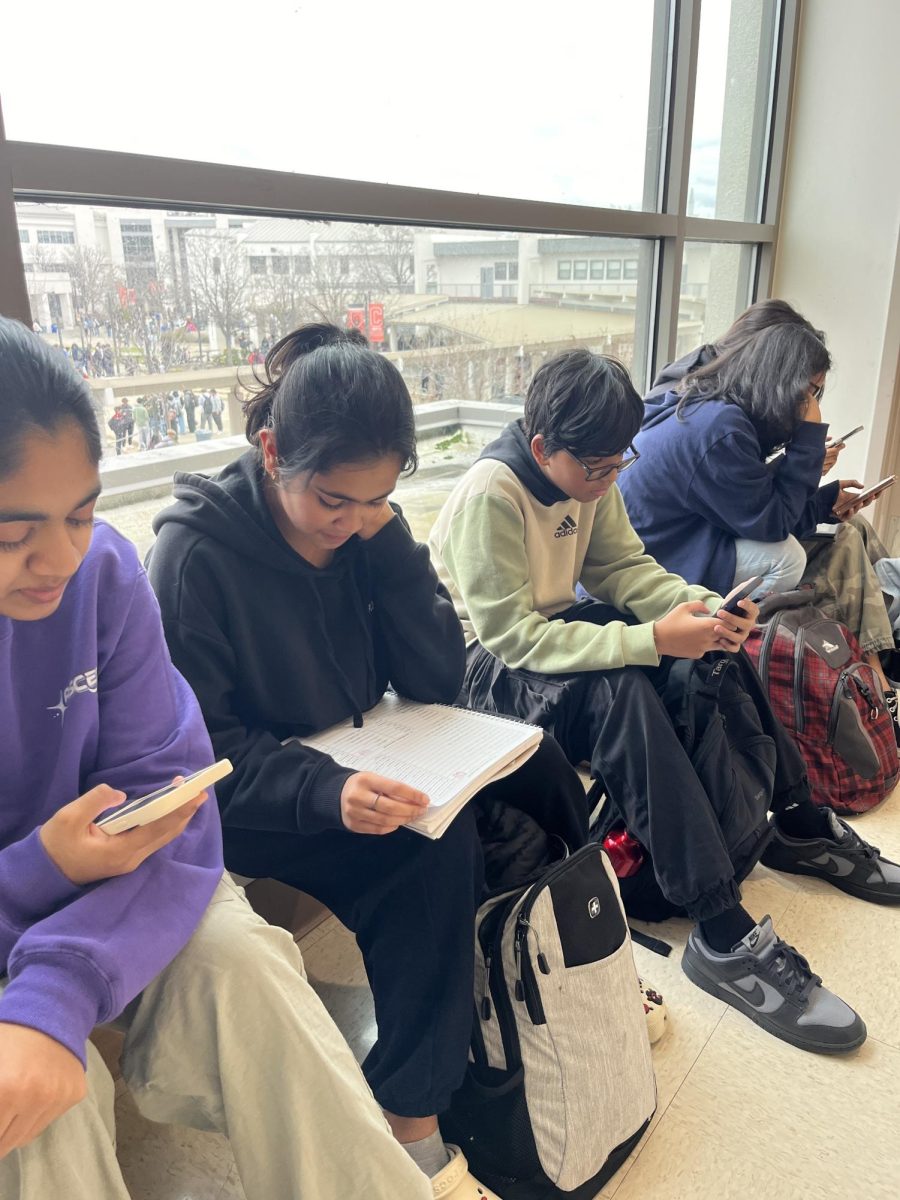By Jen Hight, Staff Writer
Growing up, students are told that winners never cheat and cheaters never win.
But nowadays, students have forgotten that cheaters never win, as many are cheating or lying on their college applications to bolster their resumes.
Some students feel they need to give themselves an extra boost in service hours or on their personal essays by lying.
Senior Renee Montalvan said an acquaintance lied about her service hours in her college application.
“My friend said she helped build houses in the Czech Republic,” Renee said. “She also helped with a walk for cancer.”
But Renee said the acquaintance merely cheered on her sister who did the walk for cancer and never walked herself.
Senior Karan Bhatnagar said he believes most students lie on their college applications because they know what colleges want to hear. It also helps students when their grades are not the best.
“Most kids boost up their hours a little bit,” Karan said. “There’s no way colleges can look it up if it’s pretty discreet.”
Junior Peter Heath said students lie on their college applications to get a better education for a better career so they can make more money.
Cal High 2010 graduate Alyssa Yohana said she was accepted to New York University, but received a letter of rejection later on, while another Cal High student was admitted at a later date.
She later learned that this student had lied on his college applicaions by stating he had worked with a famous director for an acting application. Alyssa feels she was rejected from NYU because the position was given to this other student.
This student had never actually met this famous director as he claimed.
Counselors Bev Hall and Michelle Sampson said when students lie, colleges will pull the application and have students verify the applications.
They said UCs pull out random applications and have students verify them.
“If there’s anything unusual about applications, colleges will call,” Hall said.
Both counselors said grades, SAT scores, and ACT scores are hard to fabricate. For personal essays, the College Board has hired professional readers to check facts.
The College Board will also call if the student’s application looks too perfect, Hall and Sampson said.
When a student said he has made $8 million dollars, completed hundreds of hours of community service, took 10 AP classes, and was an active participant in 12 clubs, colleges become suspicious.
“It’s not right because you’re sending the colleges a message that you have a (false title) of honor,” said sophomore Simone van den Berg.
Simone said some students try to look more presentable to colleges by making up obstacles they have overcome.
Counselors also send in school profiles so students are not able to say they have taken classes that don’t exist at Cal High. Colleges also check if applications match teachers’ letters of recommendation.
Hall and Sampson both agree that taking the risk of lying on college applications is not worth the consequences. If caught lying or cheating on the college application, colleges will take away students’ right to apply to any other school in the state, and they lose their scholarship money.
Freshmen Austin Anaya said he could understand why students would lie on their college applications even when faced with this punishment.
“There’s 49 other states (one can apply to),” Austin said, trying to rationalize some students’ behavior.
Freshman Zac Page doesn’t believe that lying is worth the risk of not being allowed into college.
Colleges can expel any students if it is later learned that they lied on their applications.
In extreme cases, the student will not be allowed into any college in the United States.
Many students agree that lying on college applications is not morally sound.
“It’s just the wrong thing to do,” said Zac.





